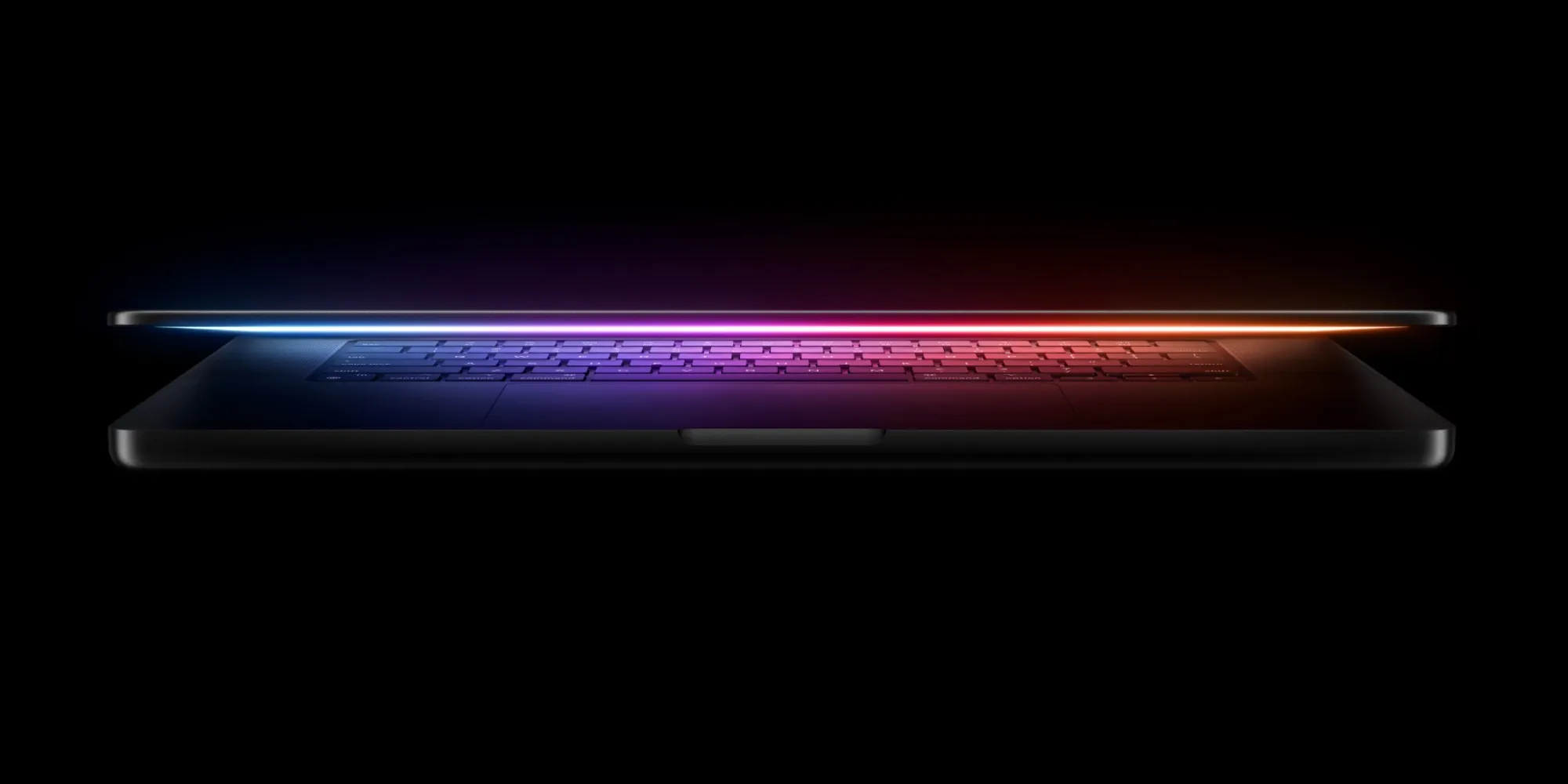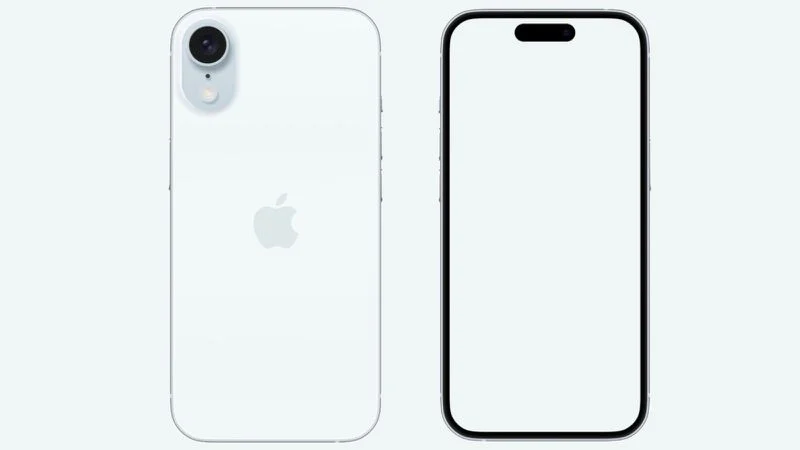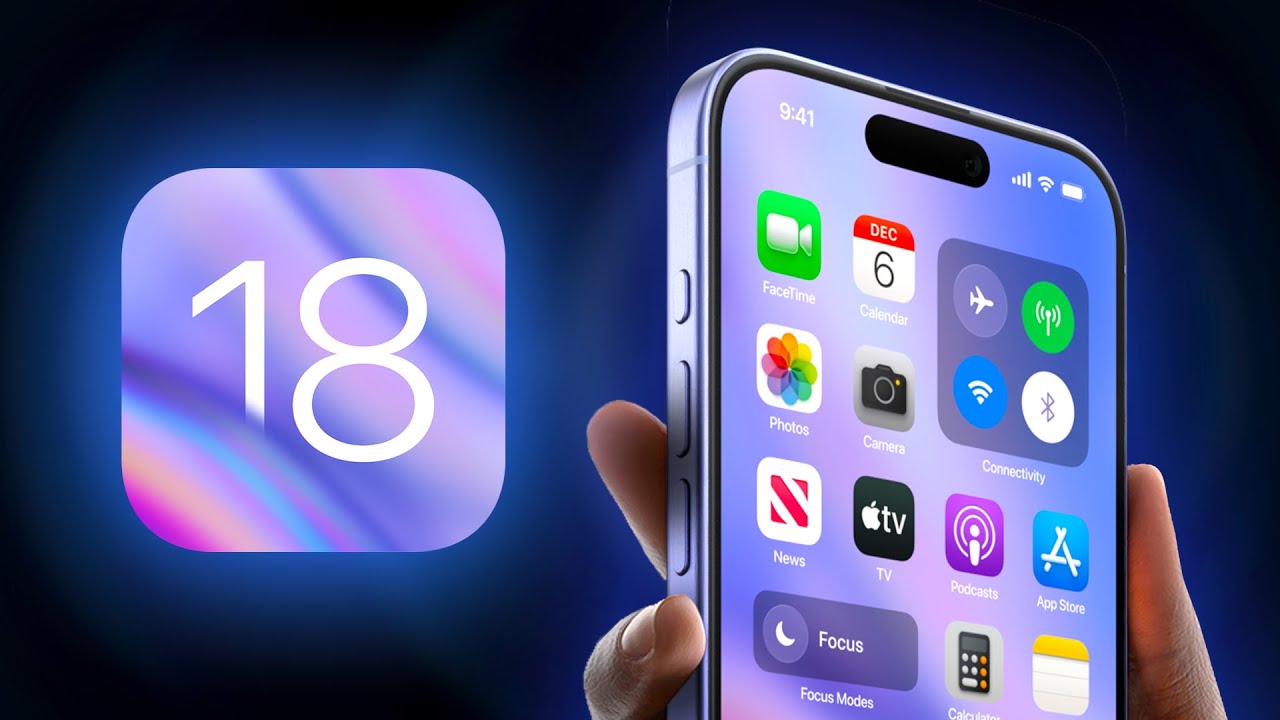Apple has recently started selling refurbished MacBook Pro and Mac mini models with M4 chips in several countries including the United States, Canada, the UK, and Ireland. This is the first time these models have been available in Apple’s refurbished store since they were released in October 2024.
M4 Mac mini with a Blue Light
In addition, you can find some refurbished MacBook Pro models with M4 chips in Europe, in countries like Belgium, Germany, the Netherlands, Spain, and a few others. These refurbished Macs are cheaper, about 15% less than buying them new from Apple’s website. However, the stock changes a lot, and sometimes you might see the “buy” button isn’t working for certain models in some places. If you want a specific model, you’ll need to check back regularly.
Apple hasn’t started selling refurbished iMacs with M4 chips yet in any country. Every refurbished Mac comes with all the usual stuff in the box. For the MacBook Pro, you get a USB-C charger and a USB-C to MagSafe 3 cable. The Mac mini includes its power cord. Apple claims they test each refurbished Mac completely, clean it thoroughly, and check it carefully. They also come with Apple’s one-year warranty, and you can buy extra protection with AppleCare+.
From what we’ve seen, these refurbished Macs from Apple look and work almost the same as new ones, offering a great chance to save money while still buying from Apple. However, if you’re looking for even bigger savings, checking out sellers like Amazon might give you better deals on Macs.






